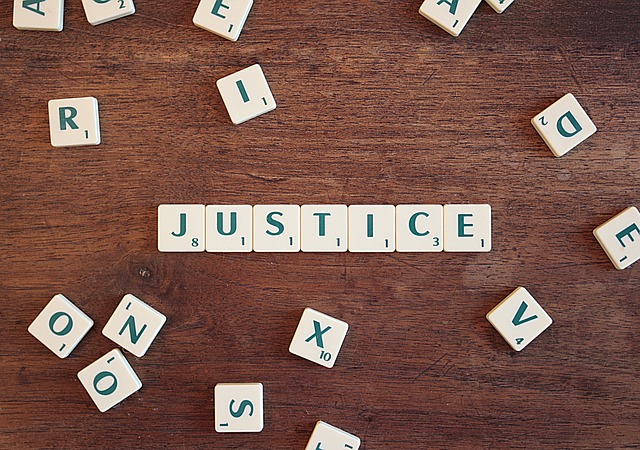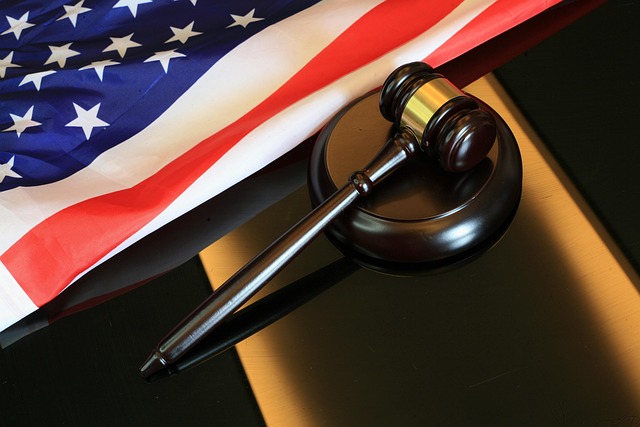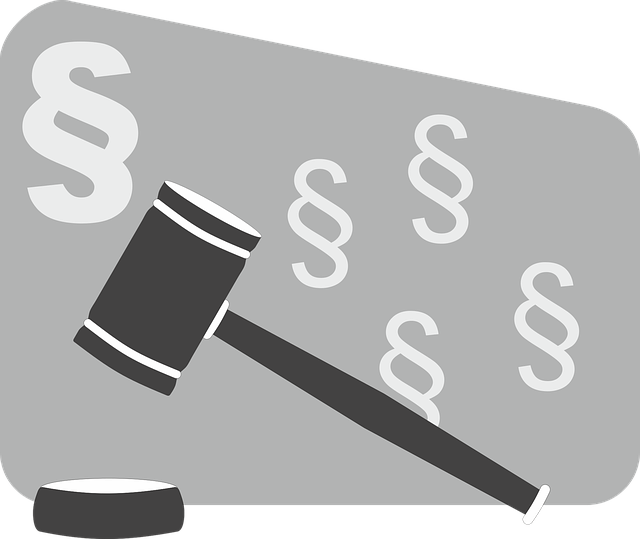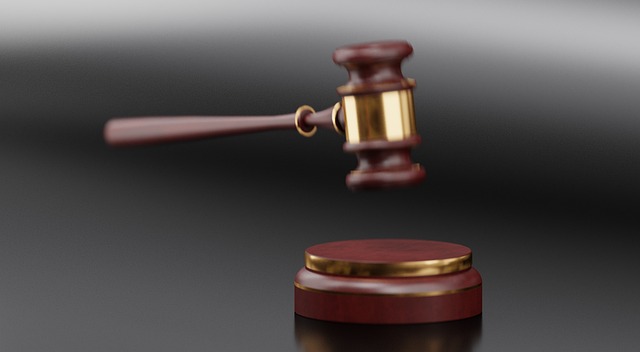Litigation Risk Management strategies focus on securing organizations from high-cost lawsuits by addressing vulnerabilities linked to securities regulations. These regulations, designed to protect investors and ensure market fairness, significantly influence litigation outcomes through penalties or reputational damage. Strict compliance with disclosure requirements and conduct guidelines can deter frivolous lawsuits, boost investor trust, and lead to favorable court outcomes in white-collar defense cases. Understanding how securities regulations impact litigation outcomes is crucial for managing risk effectively, leveraging case studies and national enforcement processes to develop strategies from early violation identification to robust corporate governance practices.
Litigation Risk Management is a critical aspect of any business, especially in today’s regulated environment. This comprehensive guide explores how securities regulations play a pivotal role in mitigating legal disputes and influencing litigation outcomes. By delving into key areas such as regulatory compliance, strategic navigation, and real-world case studies, we uncover essential insights for businesses to effectively manage potential legal risks. Understanding the impact of securities regulations can be a game-changer in navigating complex legal battles.
- Understanding Litigation Risk Management: A Comprehensive Overview
- The Role of Securities Regulations in Mitigating Legal Disputes
- Impact of Regulatory Compliance on Litigation Outcomes
- Strategies for Navigating Legal Battles: Lessons from Securities Law
- Case Studies: How Securities Regulations Influenced Litigation Success
Understanding Litigation Risk Management: A Comprehensive Overview

Litigation Risk Management involves a strategic approach to mitigate potential legal risks and protect organizations from costly lawsuits. It’s a proactive process that goes beyond mere compliance, focusing on identifying, assessing, and addressing vulnerabilities that could lead to litigation. This includes understanding the intricate relationship between securities regulations and litigation outcomes.
Securities regulations play a pivotal role in shaping business practices and can significantly impact litigation risks. For instance, violations of these regulations, such as those related to financial reporting or insider trading, often attract legal scrutiny. By adhering to stringent securities laws, companies can avoid not just monetary penalties but also the far-reaching consequences of an indictment, which could severely damage their reputation within philanthropic and political communities. A robust litigation risk management strategy incorporates these considerations, ensuring that businesses operate with transparency and integrity while navigating complex regulatory landscapes.
The Role of Securities Regulations in Mitigating Legal Disputes

Securities regulations play a pivotal role in shaping the landscape of litigation risk management, particularly in high-stakes cases. These stringent rules are designed to protect investors and maintain fairness in financial markets. By implementing robust regulatory frameworks, legal disputes can often be prevented or resolved more efficiently. For instance, disclosure requirements force companies to be transparent about their operations and financial health, empowering investors with critical information to make informed decisions. This transparency can deter frivolous lawsuits by reducing the likelihood of hidden risks or fraudulent activities.
Moreover, securities regulations provide clear guidelines on acceptable conduct, setting a precedent for corporate behavior. Adhering to these rules not only minimizes the risk of legal repercussions but also fosters trust among investors. This unprecedented track record of successful litigation management demonstrates the effectiveness of well-enforced securities regulations in mitigating potential conflicts. As such, they serve as a crucial shield, safeguarding both investors and businesses from the costly consequences of legal disputes, especially in complex financial matters.
Impact of Regulatory Compliance on Litigation Outcomes

The impact of regulatory compliance on litigation outcomes cannot be overstated, especially in the realm of white-collar defense. Securities regulations play a pivotal role in shaping legal strategies and ultimately, the success or failure of cases across the country. Companies that adhere strictly to these guidelines often find themselves with a significant advantage during litigation. This is because regulatory compliance demonstrates a commitment to ethical business practices and transparency, which can sway judges and juries in their favor.
Achieving extraordinary results in litigation often hinges on presenting a compelling narrative of corporate responsibility. When a company can showcase its adherence to securities regulations, it strengthens its defense and increases the likelihood of favorable outcomes. This proactive approach not only mitigates potential legal risks but also fosters public trust, positioning the organization as a responsible corporate citizen.
Strategies for Navigating Legal Battles: Lessons from Securities Law

Navigating legal battles effectively requires a deep understanding of how securities regulations impact litigation outcomes. Securities law, with its stringent rules and oversight, offers valuable insights into managing risk in complex legal scenarios. By examining the process of enforcement across the country, practitioners can learn key strategies for all stages of the investigative and enforcement process. This includes recognizing early indications of potential violations, gathering evidence that aligns with regulatory standards, and responding proactively to mitigate risks.
The intricate nature of securities regulations demands a meticulous approach. Each respective business must ensure compliance at every step, from corporate governance structures to financial reporting practices. These proactive measures not only enhance the chances of a favorable outcome but also demonstrate due diligence, which can be crucial in settling disputes or reducing penalties. Understanding how these regulations shape legal battles allows businesses to fortify their defenses and make informed decisions throughout the litigation process.
Case Studies: How Securities Regulations Influenced Litigation Success

Securities regulations play a pivotal role in shaping the landscape of litigation risk management, especially in high-stakes cases involving white-collar defense. By setting clear guidelines and standards, these regulations can either hinder or facilitate successful legal outcomes for respective businesses. Case studies provide compelling insights into this dynamic.
For instance, stringent securities laws often require companies to maintain meticulous records and adhere to strict disclosure protocols. This increased transparency can strengthen legal positions during litigation, making it easier to prove compliance and mitigate liability. Conversely, lax regulations might create loopholes exploited by malicious actors, ultimately increasing the complexity of disputes and potential liabilities for businesses caught in high-stakes white-collar defense cases.
Securities regulations play a pivotal role in shaping litigation outcomes by establishing clear guidelines and promoting regulatory compliance. As demonstrated through various case studies, adhering to these regulations can significantly enhance a company’s defense strategy and increase the likelihood of favorable litigation outcomes. By understanding the intricate relationship between securities laws and legal disputes, organizations can effectively navigate complex legal battles, ensuring their long-term success and reputational integrity in today’s highly regulated environment.






